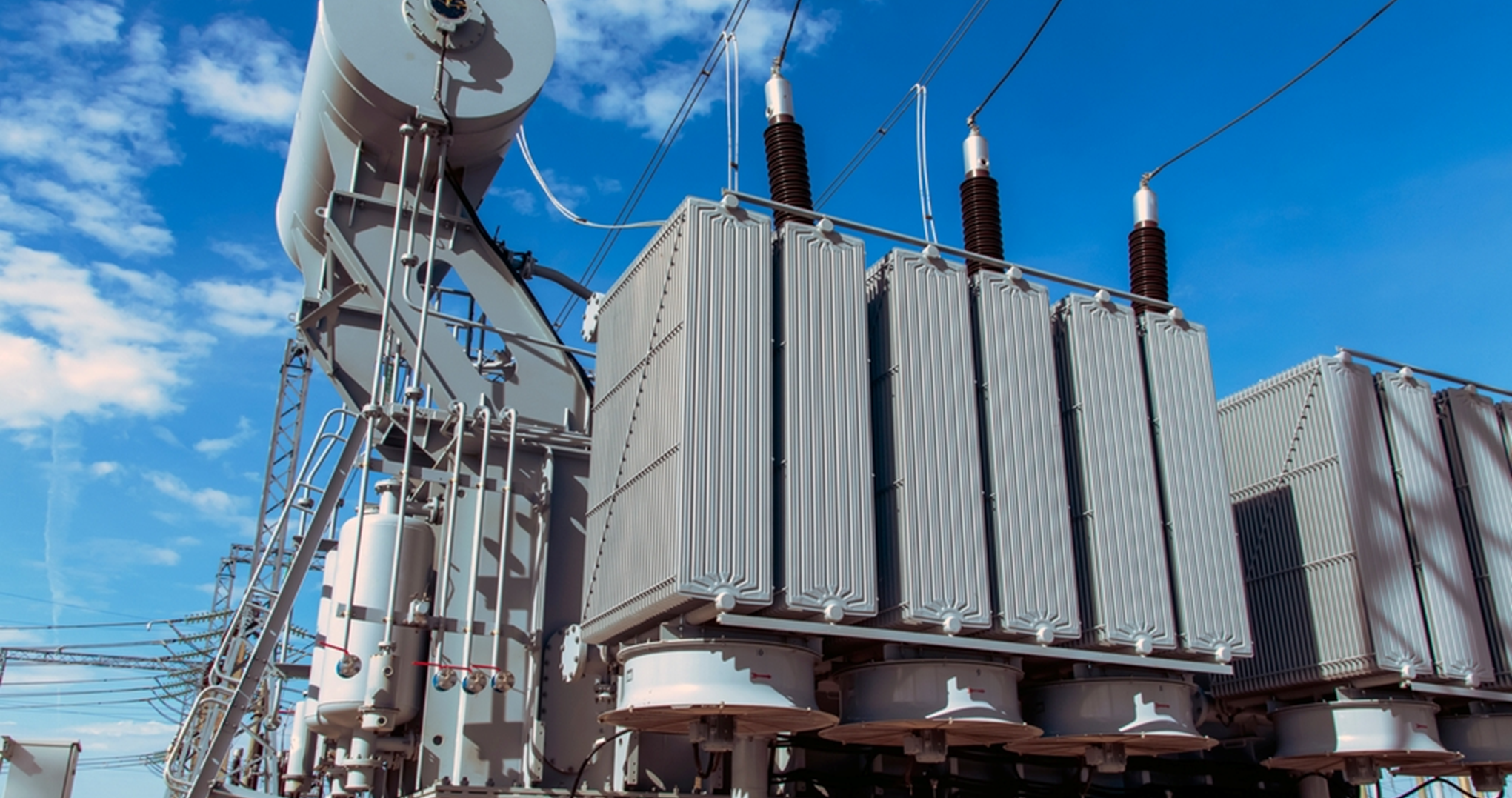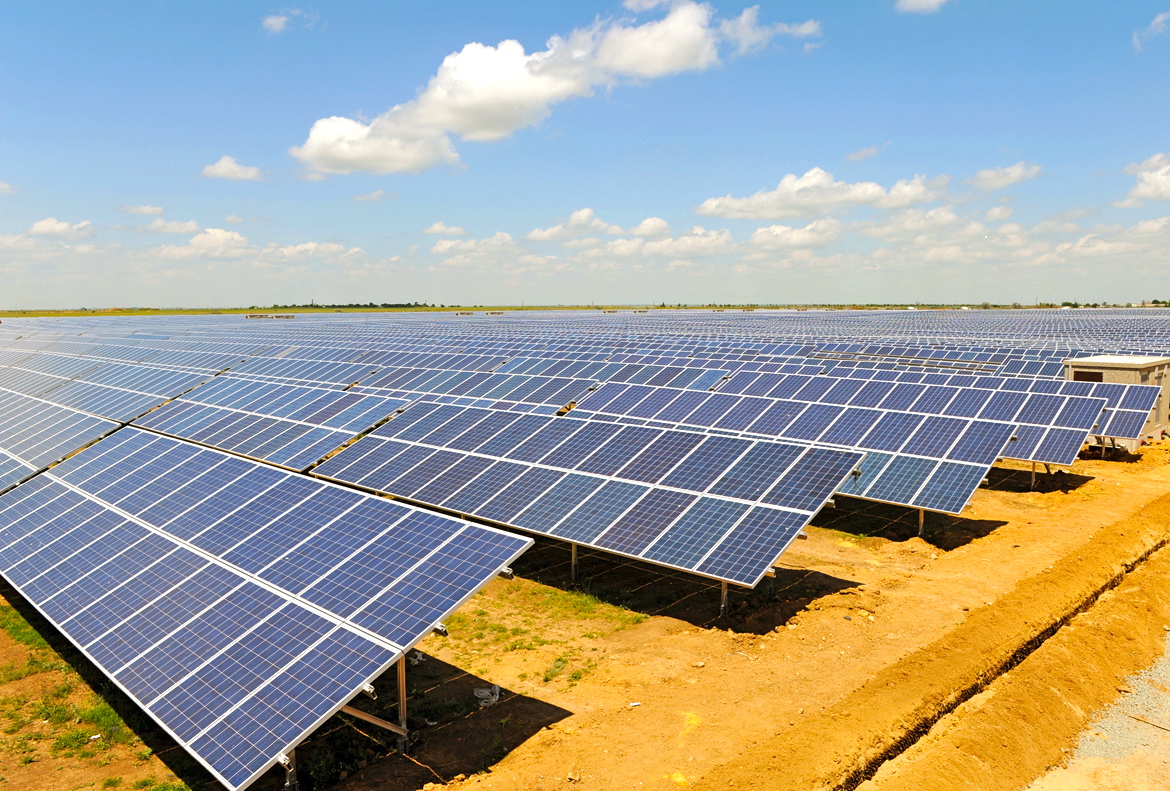Our recommendations
Last Update
11 July 2023
Historic dip in Chinese solar module prices set to boost India's solar capacity addition
What has caused the latest record drop in the prices of Chinese solar modules and what will be the implications for India in terms of its capacity creation, competitiveness of local manufacturers and solar import bill?
New Delhi: In a significant booster for India's efforts to create solar power capacity at an ambitious pace, the prices of Chinese solar modules have dropped to a historic low of $0.196 per watt peak (wp). India imports around 90 per cent of its solar power equipment from China.
The dip in prices is caused by a sharp fall in the Polysilicon prices in China and an oversupply situation in the European market. It will impact India in three ways - eroding the competitiveness of Indian manufacturers against Chinese modules in months to come, a possible easing of India's solar equipment import bill, and boosting the creation of local solar power generation capacity, coming at a time the country plans to add a whopping 50 GW of renewable energy capacity annually till 2030.
The module prices for both multi and mono models for the Chinese module manufacturers has seen a consistent decline since February 2023 with a steep downfall being observed in June 2023, according to Eninrac, a global market research and consultancy firm.
Mr. Ravi Shekhar, Director & Head, of Eninrac Consulting told ETEnergyworld “The current Free on Board (FOB) price for mono perc in China is around USD 0.196 per watt peak (wp), signaling a decline of USD 0.025 per watt peak for FOB prices of mono perc modules in China during the period between May 2023 and June 2023"
He added that a potential reason for the decline is the sharp fall observed in the polysilicon prices in China to 78 Yuan/kg during June 2023, which is the lowest in the last almost three years, and is way below 100 Yuan/kg which is a significant benchmark for the Chinese market.
Further, the polysilicon output in China is expected to continue exceeding the demand wherein in the month of June 2023 only, a mix of six Chinese OEMs were scheduled to add more than 420,000 metric tonnes of polysilicon capacity. Also, a consistent decline is being observed in the price of wafers & cells which has contributed to the weakening of the upstream prices for modules in China and the trend is likely to continue at least for the next two quarters.
The other reason could be attributed to the over-stocked state of EU’s module inventories that face continuous falling values and have led to the curtailment of shipments from China. In 2022, Europe installed close to 46 GW of solar power, factoring all installations, and around 85 GW of modules were supplied to Europe during the same period leading to a stockpile of around 40 GWs in the warehouses of Chinese OEMs across the region.
"It is believed that the entire market faces serious over capacities which would see the pricing for modules weakening further. If only China’s tier I OEMs are considered the stockpile exceeds 1,00,000 metric tonnes for polysilicon that signals over capacity for modules for coming months and lower prices," Shekhar said.
The development holds importance for India as the competitiveness of the domestic manufacturers against the Chinese OEMs will be hit further. Coupled with the better quality of Chinese modules and their declining prices, the business case of Indian module manufacturers would further be hit in the absence of ALMM till March 2024.
Experts believe that the sustained fall in solar prices could be a good fillip for India’s renewable energy targets. The April-May 2023 installed RE capacity was 52 per cent below the installation of April-May 2022 in India, indicating that the domestic manufacturing is yet to hit the numbers and run-rate that energy transition needs.
IMPACT ON PROJECTS, TARIFFS & DUTIES
"This may have a direct impact on tariffs of upcoming solar capacity that in turn might lead to faster capacity addition in the country as developers will be armed with better negotiating power compared to last fiscal," said Shekhar.
When there was no BCD implied on the Chinese module imports, the price gap of Indian modules and Chinese modules was in the range of 10-15 per cent and post the imposition of BCD the prices for Chinese modules became higher by 20-25 per cent when compared to Indian modules. This was done to push the domestic manufacturing in India leading towards decline in the dominance of China over the supply chain.
However, in the absence of ALMM till March 2024 and the consistent decline in Chinese module prices which is likely to continue for another year or so as over manufacturing capacity will keep outshining the demand making it difficult for the Indian solar OEMs to compete with Chinese firms.
"Considering this fact and the market signals for India to boost its domestic manufacturing, the import duties levied may see a sharp rise post March 2024. Such a rise would be in line with the intent of the Government of India to reduce the trade gap with China," said Shekhar.
Do you want to seek Eninrac assistance in helping you resolve some critical business issues? Engage with us and reach out to our experts by using the Request for Proposal (RFP) form.
BEST VISION IS INSIGHT
Combine market knowledge and your skill to contribute value for end consumers

Transformer Sales Surge: ₹75,000 Crore Opportunity Ahead

Solar Parks Development Status in India

EU Solar Market 2024: Utility- Scale Resilience Amidst A Slumping Rooftop
Get started with
EI Market personalised demo
Complete the form to get in touch with our sales team to see our Visionboard platform in action. We'll show you how you can use eninrac to build a culture of action of consistently hunting down and eliminating poor market research expriences across your companies line of business


